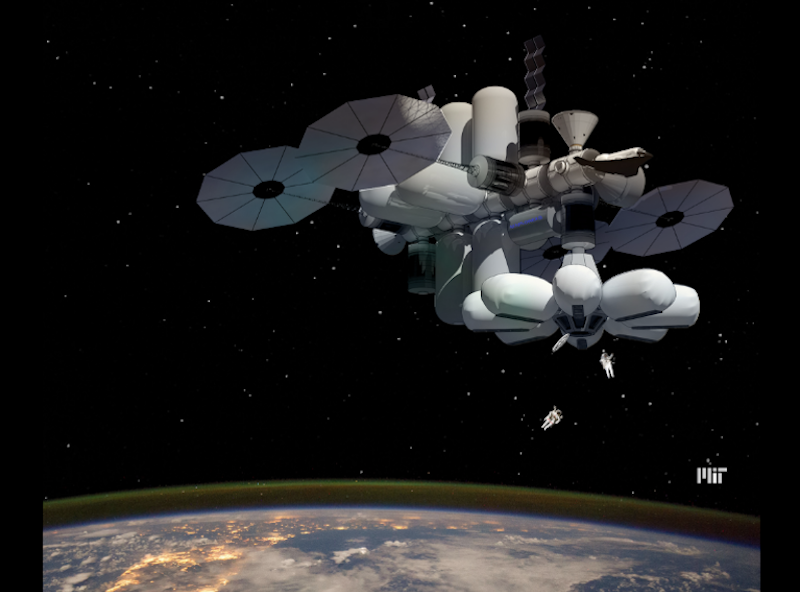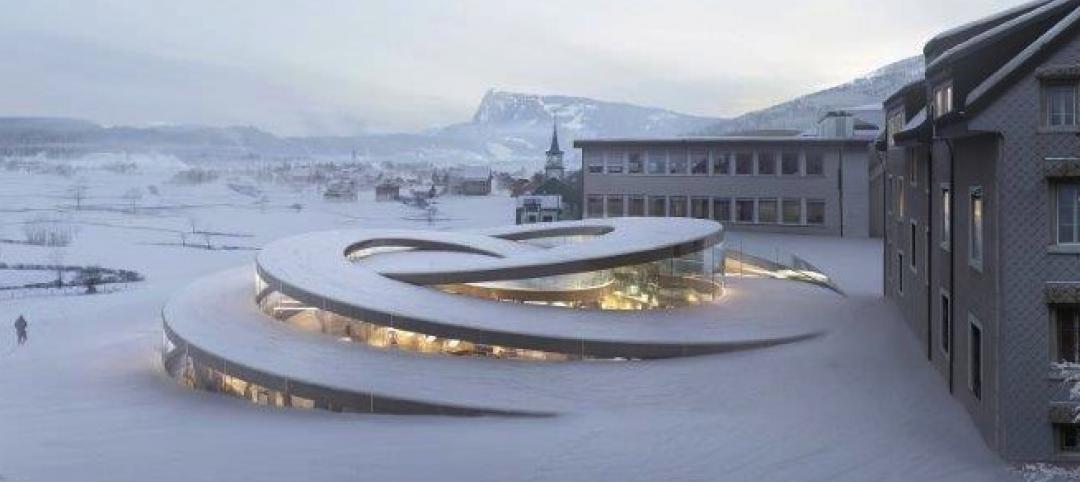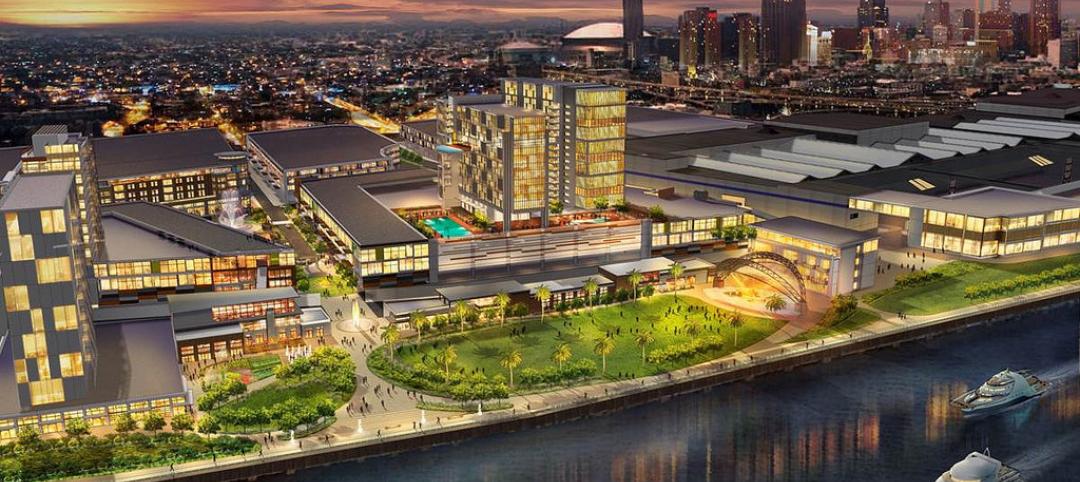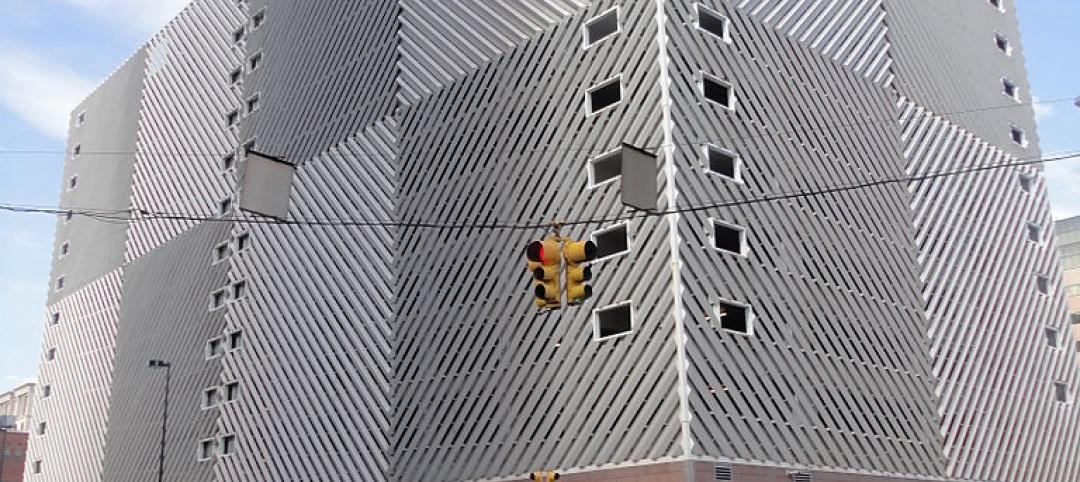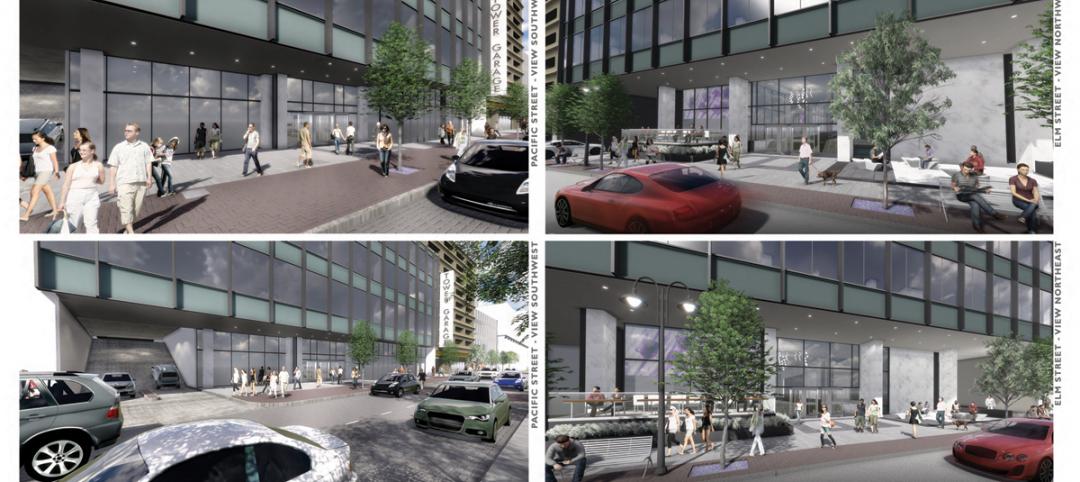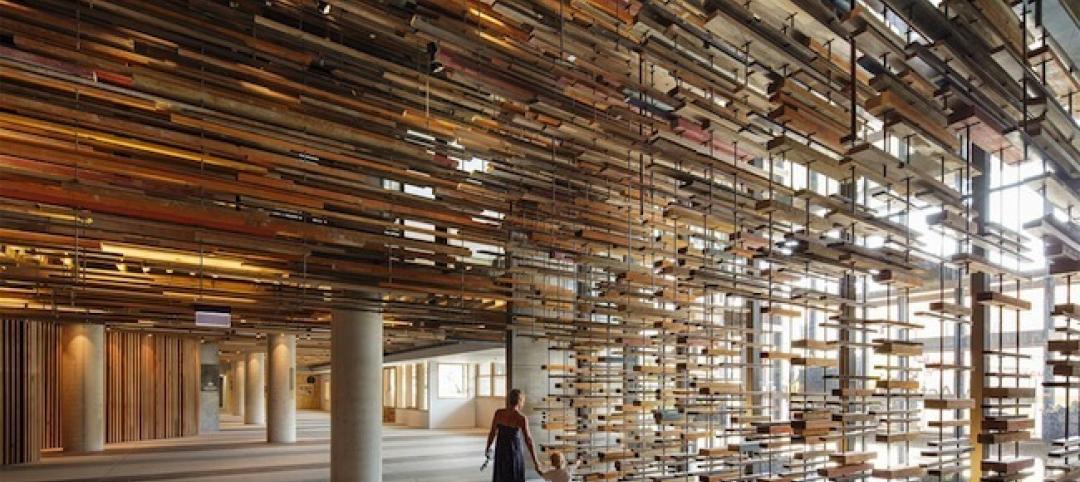NASA recently held a competition to design a commercially enabled habitable module for use in low Earth orbit that would be extensible for future use as a Mars transit vehicle. That may sound like a mouthful, but the resulting winning design from MIT can be explained much more simply as a luxury space hotel.
The project, dubbed the Managed, Reconfigurable, In-space Nodal Assembly, or MARINA, was designed as a commercially owned and operated space station that features a luxury hotel as the primary anchor tenant and NASA as a temporary co-anchor tenant for 10 years, according to MIT.
MARINA hopes to make orbital space holidays a reality with a luxury hotel that will provide eight earth-facing rooms. A bar, restaurant, and gym are also included in the design.
The hotel would be the main source of revenue, but other revenue-generating features would include rental of serviced berths on external International Docking Adapter ports for customer-owned modules and rental of interior modularized rack space to smaller companies that provide contracted services to station occupants. This could include satellite repair, in-space fabrication, food production, and funded research.
Some of the project’s key engineering innovations include extensions to the International Docking System Standard (IDSS) interface, modular architecture, and a distribution of subsystem functions throughout the MARINA’s node modules.
“Modularized service racks connect any point on MARINA to any other point via the extended IDSS interface. This enables companies of all sizes to provide products and services in space to other companies, based on terms determined by the open market,” MARINA Team Lead Matthew Moraguez tells MIT News.
Modules can also be used to create an interplanetary Mars transit vehicle that can enter Mars’ orbit, refuel from locally produced methane fuel, and return to Earth.
Related Stories
| Jun 18, 2014
Arup uses 3D printing to fabricate one-of-a-kind structural steel components
The firm's research shows that 3D printing has the potential to reduce costs, cut waste, and slash the carbon footprint of the construction sector.
| Jun 13, 2014
First look: BIG's spiraling museum for watchmaker Audemars Piguet
The glass-and-steel pavilion's spiral structure acts as a storytelling device for the company's history.
| Jun 12, 2014
Austrian university develops 'inflatable' concrete dome method
Constructing a concrete dome is a costly process, but this may change soon. A team from the Vienna University of Technology has developed a method that allows concrete domes to form with the use of air and steel cables instead of expensive, timber supporting structures.
| Jun 11, 2014
Bill signing signals approval to revitalize New Orleans’ convention center corridor
A plan to revitalize New Orleans' Convention Center moves forward after Louisiana governor signs bill.
| Jun 9, 2014
Green Building Initiative launches Green Globes for Sustainable Interiors program
The new program focuses exclusively on the sustainable design and construction of interior spaces in nonresidential buildings and can be pursued by both building owners and individual lessees of commercial spaces.
| Jun 2, 2014
Parking structures group launches LEED-type program for parking garages
The Green Parking Council, an affiliate of the International Parking Institute, has launched the Green Garage Certification program, the parking industry equivalent of LEED certification.
| May 30, 2014
Developer will convert Dallas' storied LTV Building into mixed-use residential tower
New Orleans-based HRI Properties recently completed the purchase of one of the most storied buildings in downtown Dallas. The developer will convert the LTV Building into a mixed-use complex, with 171 hotel rooms and 186 luxury apartments.
| May 29, 2014
7 cost-effective ways to make U.S. infrastructure more resilient
Moving critical elements to higher ground and designing for longer lifespans are just some of the ways cities and governments can make infrastructure more resilient to natural disasters and climate change, writes Richard Cavallaro, President of Skanska USA Civil.
| May 28, 2014
Must see: Check out this one-of-a-kind lobby covered with 2,150 pieces of reclaimed wood
The recently opened NewActon Nishi apartment complex in Canberra, Australia, features one of the more unique lobby spaces you'll see, with thousands of pieces of repurposed timber suspended from the walls and ceiling.
| May 23, 2014
Top interior design trends: Gensler, HOK, FXFOWLE, Mancini Duffy weigh in
Tech-friendly furniture, “live walls,” sit-stand desks, and circadian lighting are among the emerging trends identified by leading interior designers.


